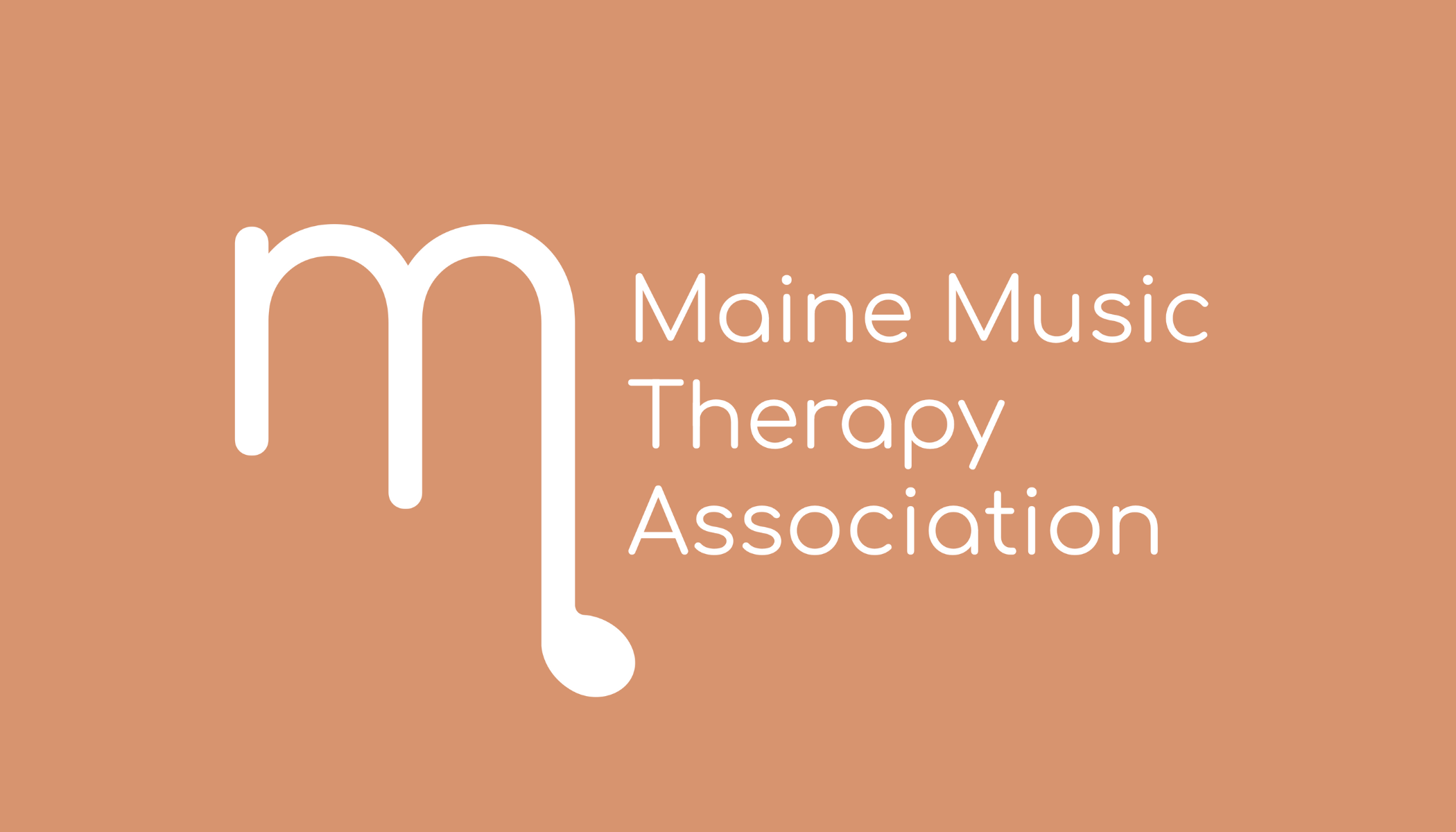Music therapy is a clinical profession in which a trained therapist uses music to help people improve their health, functioning, and wellbeing.
Simply put, music therapists use music to help people.
We do this using music-based therapy techniques that look a lot like singing, playing instruments, listening to music, improvisation, and dance. The difference is that during music therapy, we are intentionally using music as a tool to work towards non-musical goals. Most often, these are similar to goals addressed in other types of therapy- such as physical, occupational, speech, or psychotherapy.
For example, music therapists help people with problems related to gait and movement after a stroke or TBI. We work on goals related to speech, diction, and non-verbal communication. We help people process grief, express their feelings, and cope with mental health issues. We work with pre-school and school-aged children on goals related to academics, social skills, and developmental milestones. We help people with Parkinson’s Disease and dementia recall memories and connect with loved ones. We work towards these goals using music.
Why music?
We use music as our tool for therapy because of the way music impacts our brains and bodies. Music makes us feel good. It triggers our emotions, brings back memories, motivates us, and connects us to one another. It can also change our heart rate, blood pressure, and even how our brains process information. We know this not just because we see it in our work every day, but because decades of research and study have proven that music therapy is an effective treatment approach. Music therapists study the science and psychology behind music and use evidence-based techniques in our practice.
Music therapy requires three things:
- A client seeking growth or change in some area of functioning,
- A credentialed music therapist, and
- Music.
It is the relationship that develops between the therapist and client, through music, that makes music therapy.
Resources
Find out more!
A qualified music therapist holds the Music Therapist-Board Certified (MT-BC) credential granted by the Certification Board for Music Therapists, and provides treatment under the practice guidelines of the American Music Therapy Association and Certification Board of Music Therapists. You can find the current certification status of any individual here.
National board certification is obtained by:
-
Education: Graduating with a Bachelor’s degree or higher from a music therapy degree program approved by the American Music Therapy Association (AMTA).
-
Clinical Internship: Completing a minimum of 1200 hours of supervised clinical work, including an approved internship experience.
-
Credentials: Passing of an accredited written examination.
A credentialed music therapist must adhere to the Scope of Music Therapy Practice, Standards of Clinical Practice, Code of Ethics, and Code of Professional Practice as defined by the AMTA and the CBMT.
Training opportunities in Maine
There are currently no approved music therapy degree programs being offered in the state of Maine. The closest college degree programs include three universities in New England, and can be found here.
MDI Hospital & Birch Bay Retirement Village in Bar Harbor hosts Maine’s first AMTA National Roster Internship Program for students who are enrolled in an approved degree program. Learn more on their website.
